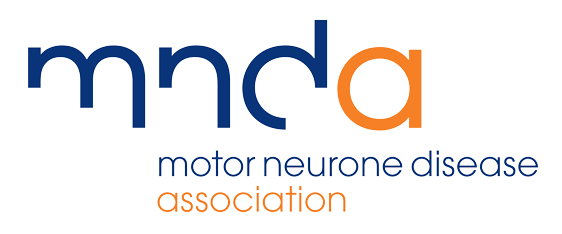The Motor Neurone Disease Association funds and promotes global research into MND and provides support for people affected by the disease. The MND Association has 7,000 volunteers in England, Wales and Northern Ireland and 170-plus employees.
Hireserve supports the work of the Association by donating recruitment technology to MNDA to manage its volunteer recruitment.

The changing face of volunteer recruitment:
Historically, volunteers for the MND Association began helping due to a personal connection to the disease. Many of these volunteers were older – in the 60+ age bracket – and would often take either Association Visitor roles, if qualified, or more traditional positions within local branches, such as Treasurer or Secretary. In the wake of the 2009 recession, with soaring levels of unemployment and a shifting perception of volunteering as invaluable experience, the MND Association saw a rise in diversity amongst volunteers looking to strengthen their CVs, with more unemployed professionals, students and young people joining the ranks.
With such a rapidly changing volunteer landscape, we spoke to the Association for an update on how its volunteer recruitment has continued to evolve. By embracing new technology, creating additional roles and streamlining its recruitment process, the charity has taken great leaps in attracting the volunteers needed to make a difference to people living with MND.
New opportunities…
A key change in recent years has been the creation of challenging and innovative new roles, which have encouraged applications from a far bigger pool of talent and experience. There are a range of new positions, from specific pilot projects that need motivated people to get the ball rolling, such as the West Midlands ‘Neuro Champions’ initiative, to roles that can be fitted in around work on an ad-hoc basis, like a regional Website Editor.
Claire Ayling, Volunteering Information Coordinator, comments:
“We’re seeing that more and more people are volunteering not because of a direct connection to MND, but more because a certain role appeals to them. This is a real opportunity for us to benefit from a wider skill set.”
…and instant engagement
Another positive step has been the use of the Hireserve ATS Facebook app, which in contrast to the previously inefficient reliance on email or postal applications, allows volunteers to instantly apply via social media. With thousands of likes, the Facebook page attracts high engagement from people, which in turn means that when volunteer vacancies are promoted they are often shared. This kind of organic reach would incur huge costs if paid for traditionally – so utilising social media enables the Association to reach a lot of people.
This is a relatively new recruitment angle for the MND Association, but one about which Claire is hugely positive:
“Facebook has been a hugely useful resource for us to raise awareness of the Association and build relationships with people – so it made sense for us to utilise it for our volunteer recruitment. It’s also made it easier to target a younger and new audience, and we really recognise the value in that. Having said that, the older generation are becoming increasingly tech savvy – and are not dissuaded from applying via Facebook!”
The future of volunteering for the MND Association
The Association’s new strategy is focused on three pillars: care, research and campaigning. It believes that volunteers can make a huge difference in delivering this – and, as such, needs to continue to position itself as a desirable charity for which to volunteer.
Candidate engagement is a key part of this, and the MND Association strives to make every part of the recruitment process as simple and quick as possible. Hireserve ATS and the Hireserve ATS Facebook app have contributed greatly in allowing candidates to apply instantly via social or the website, and the reduced hours of paperwork has meant the Volunteering team have more time to spend building relationships with volunteers to create a positive application process.
To promote its investment in volunteering, the MND Association is working towards an accreditation which will formally recognise its commitment to volunteer training, development and support.
As Claire concludes:
“The future looks so positive in terms of volunteer recruitment. I believe we are at a point where we are attracting the kind of talent that can make a real difference to raising awareness of the Association’s work, and in supporting those living with MND.
We receive so much in terms of enthusiasm, dedication and skill from our volunteers, and in return we are committed to providing the highest standards of support, training and role development that we can.”
Read our previous case study with the Motor Neurone Disease Association about its’ volunteer recruitment.




